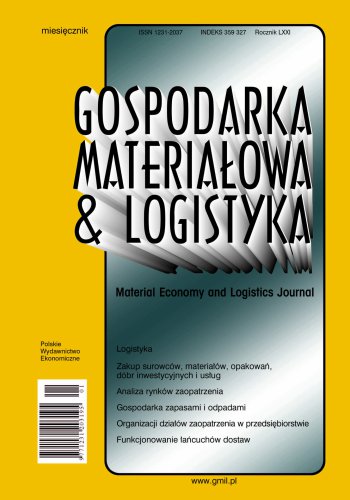The modern packaging market is one of the largest and most developing industries on a global scale. Packaging is a very important element of the product itself, it plays a significant role in the efficient flow of goods. The logistic functions fulfilled by the packaging guarantee an optimal and harmonious flow of materials through each link of the supply chain.
Packaging generates a huge amount of waste, which deteriorates the condition of the natural environment. Waste accompanies all phases of the supply chain, from the acquisition of raw materials, through production, distribution and sale, and consumption, to the disposal of used packaging. Proper packaging management, the process of recycling, disposal, transport, storage, and segregation have a huge impact on the environment. Nowadays, the customer places great emphasis on environmentally-friendly production, products that have been produced in an "ecological" production process increase sales and have greater value for the customer, and thus the customer is able to pay more for a given product. This type of approach forces the production company to take into account the ecological aspect when designing packaging. It consists in a detailed analysis of the entire life cycle of the packaging, from the moment of purchasing raw materials to the end of the product's life.
Including the topic of ecology in the area of logistics emphasizes the interdependence of logistics and the natural environment. The concept of a green supply chain, which in fact is difficult to achieve, is based on the assumption of "zero waste". For this purpose, when designing products, it is assumed the maximum use of materials and the possibility of their re-use by recycling, giving the products a "second life".
The aim of the article is to present the evolution of packaging ecology and the impact of consumer requirements on their development.
Keywords: logistics; ecology; packaging; supply chain; waste; recycling

